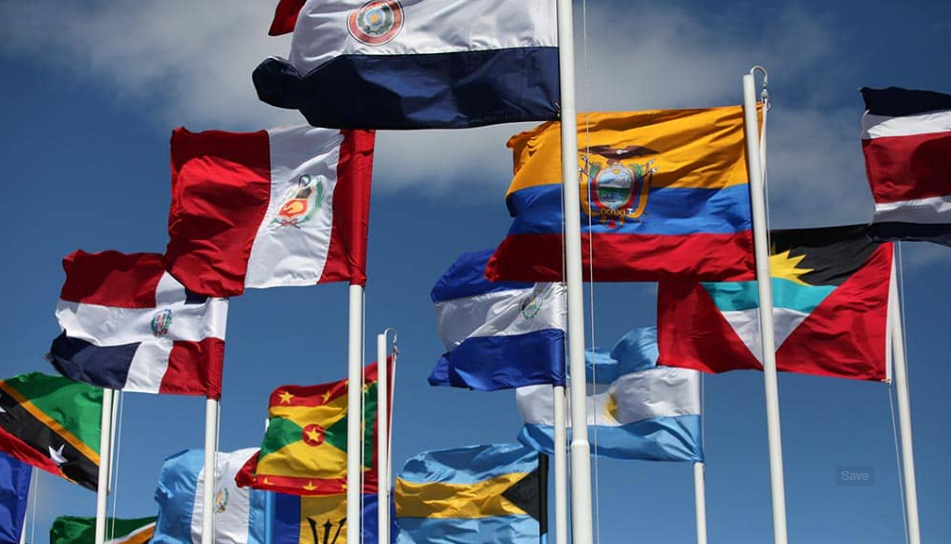China seeks support from Latin America to counter US unilateral policy

BEIJING – Amid ongoing trade tensions with the United States, China held a summit with Latin American and Caribbean countries as part of the China-CELAC Forum in Beijing on Monday (12/5).
The meeting reflects Beijing’s serious effort to expand its influence in a region long under the geopolitical and economic dominance of the US.
Chinese President Xi Jinping was scheduled to deliver a keynote speech at the forum, which was attended by Brazilian President Luiz Inácio Lula da Silva, Colombian President Gustavo Petro, and Chilean President Gabriel Boric. The summit coincided with Lula’s state visit to China.
Bilateral trade between China and the CELAC bloc reached USD 427 billion from January to September 2024.
According to China’s customs data, total trade between China and Latin America nearly hit USD 519 billion last year, more than double the figure from a decade ago.
Xi Jinping stressed that the partnership was a show of support for multilateralism and a rejection of “unilateral bullying” in global trade – a veiled critique of the US’s high-tariff policy.
China has accused the US of weaponising tariffs and is seeking to build a global coalition to counter such practices.
Miao Deyu, China’s Assistant Foreign Minister, stated that Latin American nations wanted independence and self-determination, not the kind of influence embodied in the “New Monroe Doctrine” – a reference to the 1823 US policy opposing foreign intervention in the Americas.
In contrast, the US, through Secretary of State Marco Rubio, claimed that the Trump administration prioritised the Western Hemisphere.
However, its protectionist stance and threats regarding control over the Panama Canal have raised concerns among Latin American leaders.
Matias Spektor, an international relations expert at Brazil’s Fundacao Getulio Vargas, said Lula views China not just as a trading partner, but also as a geopolitical counterweight to US dominance.
Lula’s strategy, according to Spektor, is to diversify alliances and strengthen Brazil’s role in a multipolar world.
Still, not all countries in the region are fully embracing the shift. Mexico, for instance, has taken a cautious approach due to its deep trade reliance on the US, though Chinese investment and products continue to flood Mexican markets.
Brazil, for its part, remains alert. While trade with China has grown, particularly in soybean, iron ore, and crude oil exports, Brazil has also raised tariffs on Chinese steel and technology products to protect its domestic industries.
Ryan Berg of the Center for Strategic and International Studies, quoted by The New York Times on Tuesday (12/5), said Latin American countries are wary of becoming a "dumping ground" for cheap Chinese goods rejected by the US market.
The forum also served as a platform for discussions on strategic infrastructure, including potential Chinese investments in Chile’s lithium sector, ports in Peru, and Colombia’s interest in joining the Belt and Road Initiative (BRI). Conversely, Panama withdrew from the BRI this year.
The meeting is seen as a prelude to the BRICS Summit scheduled in Rio de Janeiro this July, marking another step toward the formation of a strong, non-Western global bloc. (EF/ZH)